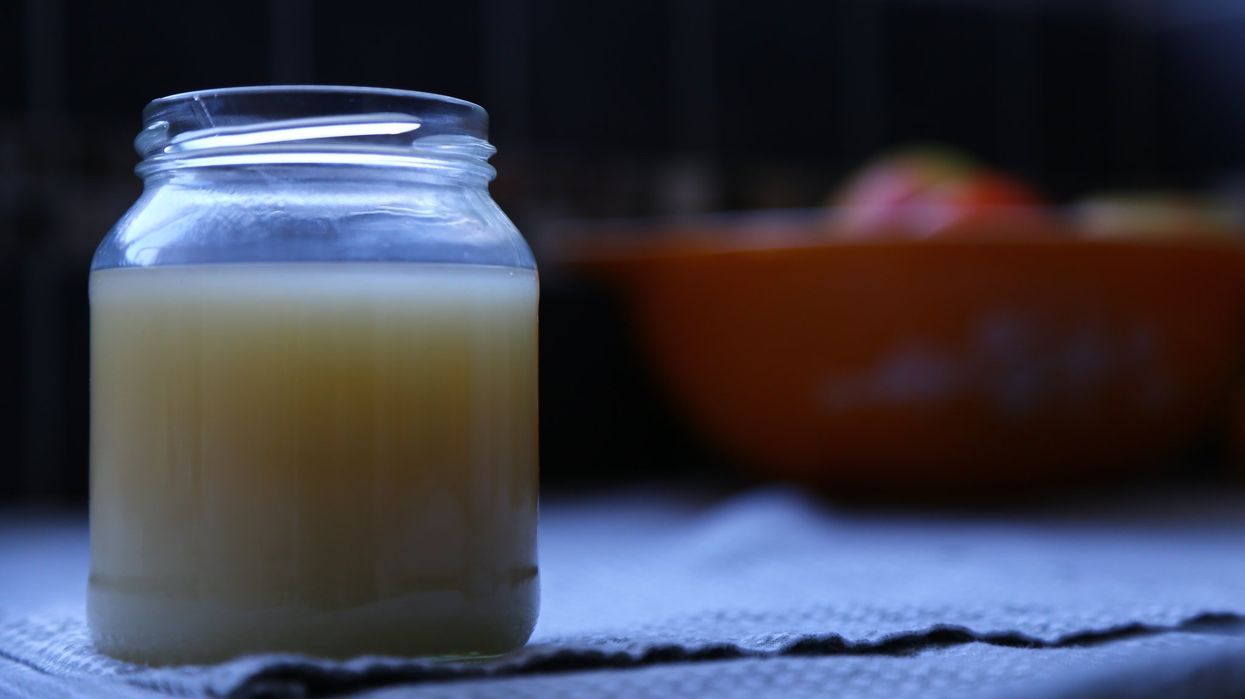
Eight popular tallow products recently tested have detectable levels of phthalates, according to a new report from Mamavation.
Tallow is rendered and processed animal fat often used in cooking or personal care products, while beef suet is the animal fat prior to being rendered. Partnering with EHN.org, Mamavation — an environmental wellness blog and community — had 11 tallow products and two beef suet products tested by a U.S. Environmental Protection Agency-certified lab and found levels of phthalates up to 922 parts per billion. Two of the brands tested had more than 200 ppb of phthalates.
Both of the beef suet products tested showed no phthalates.
The results for some of the tallows, however, are concerning as phthalates — sometimes at low exposure levels — are linked to hormone disruption, fertility impacts, low birth weights, obesity, diabetes, some cancers, brain and behavioral problems, and other health issues.
There is a sliver of good news: the phthalate levels are much lower in tallow than Mamavation and EHN testing found in popular olive, avocado and coconut oils and ghee.
“We still need to bring those levels to zero, industry-wide,” Linda S. Birnbaum, scientist emeritus and former director of the National Institute of Environmental Health Sciences and National Toxicology Program, scholar in residence at Duke University, and adjunct professor at the University of North Carolina and Yale University, told Mamavation.
“This widespread contamination of phthalates in the food supply needs immediate attention from companies and federal authorities. Even these low levels of phthalates can impact the health of pregnant women and children,” she added.
The chemicals are found in plastics, toys, personal care products such as lotions and deodorants, and other products. They’re also increasingly found in foods — Consumer Reports testing earlier this year found phthalates, often in high levels, in sliced peaches, pizza, canned salmon, protein milkshakes, yogurts, fast food burgers, and even organic some foods.
While the U.S. Consumer Product Safety Commission restricts certain phthalates in children’s products, those same phthalates are approved as additives in foods by the U.S. Food and Drug Administration (FDA). In 2022, the FDA rejected two petitions calling for the removal of 28 phthalates from food use and contact.
Mamavation found evidence of phthalates in popular tallow brands including Fatworks Pure Tallow Organic Cooking Oil and Santa Cruz Paleo Beef Tallow, among others.
For the full list of which tallows had phthalates, check out the report at Mamavation.
And check out the ongoing effort by Mamavation and EHN.org to identify PFAS in common consumer products. Follow our PFAS testing project with Mamavation at the series landing page.





